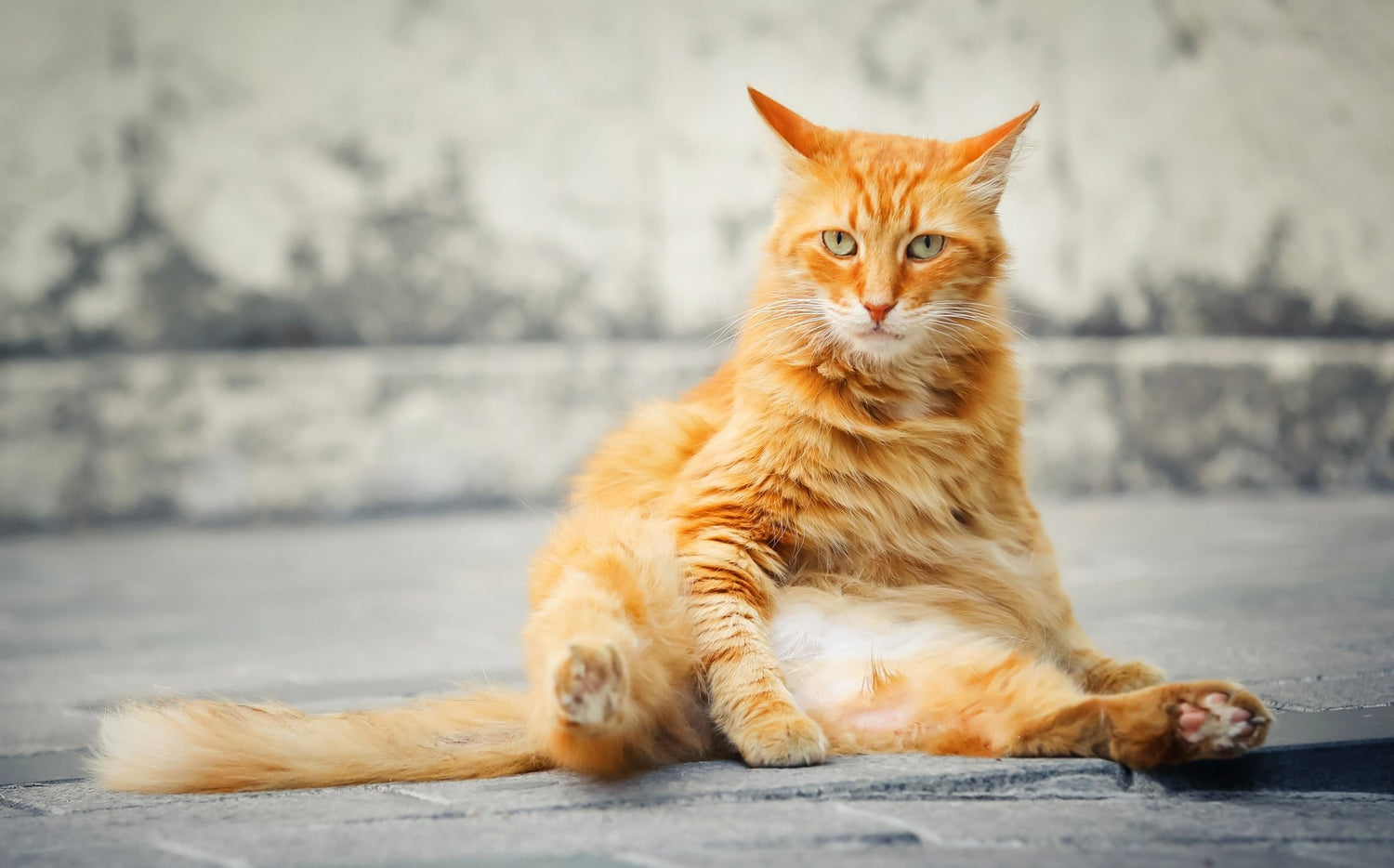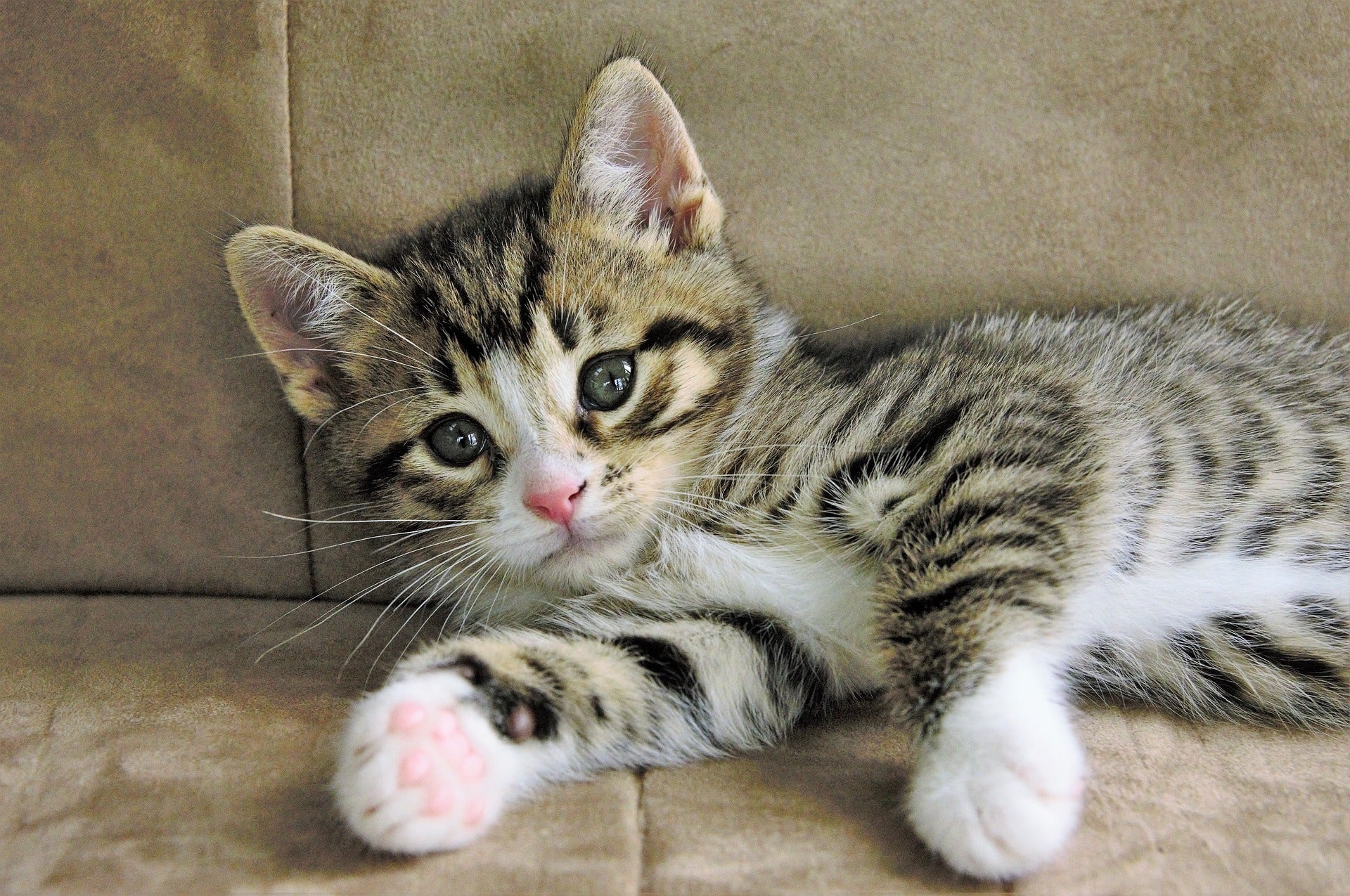Do Cats and Dogs Grieve Differently?
Grief is a powerful and universal emotion, and it's not just humans who experience it. Our beloved pets, cats and dogs, also go through periods of mourning, often displaying behaviors that show they are affected by loss. But do cats and dogs grieve differently? Let's explore the nuances of how our furry friends process grief.
Understanding Grief in Pets
Both cats and dogs are capable of forming strong bonds with their human companions and other animals in the household. When a companion is lost, they can exhibit a range of behaviors indicative of grief, such as changes in eating habits, increased vocalization, and altered sleep patterns. However, the way they express and cope with grief can differ significantly.
Dogs and Grief
Dogs are pack animals by nature, and they thrive on social interactions. When a member of their pack is no longer present, dogs can become disoriented and anxious. They may display behaviors such as:
- Searching for the lost companion
- Whining, howling, or barking more than usual
- Loss of appetite
- Increased clinginess or seeking more attention from humans
- Depression-like symptoms, such as lethargy or withdrawal from activities they once enjoyed
According to Blue Cross, dogs may need additional support and reassurance during this time. Maintaining a routine, offering extra affection, and engaging in interactive play can help them cope with their loss.
Cats and Grief
Cats, on the other hand, are often perceived as more independent and solitary creatures. However, they too can form deep attachments and grieve the loss of a companion. Common signs of grief in cats include:
- Changes in appetite, often eating less or not at all
- Increased vocalization, such as meowing or yowling
- Searching behaviors, looking for the lost companion
- Changes in grooming habits, either grooming excessively or neglecting it altogether
- Hiding or withdrawal from social interactions
The PDSA notes that cats may require a quiet, safe space to retreat to while they process their grief. Keeping their environment stable and providing comfort items, like their favorite blanket, can be beneficial.
Helping Pets Through Grief
Regardless of whether you have a cat or a dog, there are several strategies you can use to help your pet navigate their grief:
- Maintain a consistent routine to provide a sense of normalcy
- Spend extra quality time with your pet, offering affection and engagement
- Introduce new activities or toys to distract and entertain
- Be patient and give them time to adjust
- Consult a veterinarian if your pet's grief seems prolonged or severe, as they can offer additional support or recommend professional help
According to The Fluffy Kitty and CatVills, understanding and acknowledging your pet's grief is crucial. By providing a supportive environment and being attentive to their needs, you can help them heal from their loss.
While cats and dogs may grieve differently, the underlying emotion of loss is something they share with us. Recognizing the signs of grief in your pet and offering appropriate support can make a significant difference in their recovery process. With time, patience, and love, your furry friend can find their way back to a happier state.



